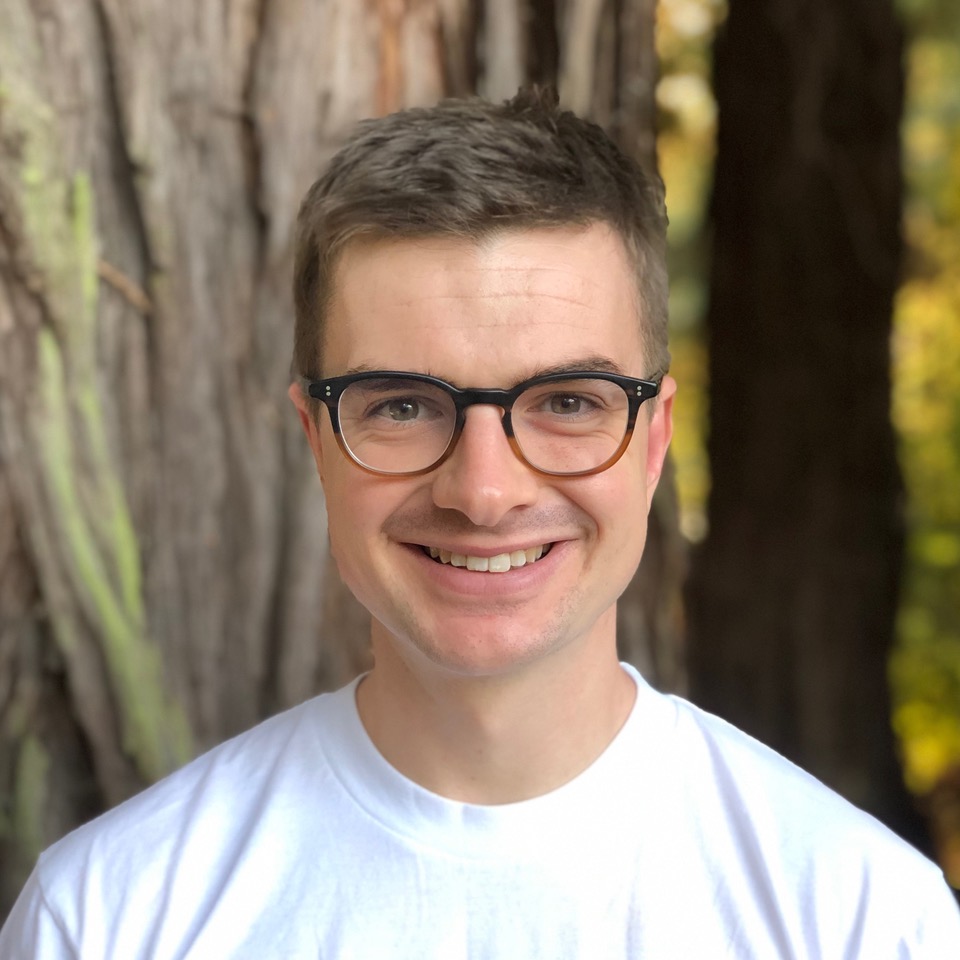March 11, 2022 at 10:30am CST
This seminar will be held online.
Online: Find the meeting link in the calendar buttons below or request a link from costa@ig.utexas.edu. You must be logged in to a Zoom account (why do I need to sign in?).
Speaker: Mark England, Postdoctoral Scholar, Earth & Planetary Sciences Department, UC Santa Cruz
Host: Patrick Heimbach
Title: Investigating the causes and effects of polar climate change using targeted comprehensive climate model simulations
Abstract: In this talk I will discuss two projects where I have used innovatively designed climate model simulations to understand the drivers and effects of polar climate change.
The first half of the talk explores the global impacts of projected polar sea ice loss. Under the current trajectory of greenhouse gas emissions, models project a large decline in both Arctic and Antarctic sea ice extent by the end of this century. Previous studies have shown that the effects of Arctic sea ice loss are not limited to the northern high latitudes, but reach into the lower latitudes. And yet, little is known about the effects of future Antarctic sea ice loss, notably outside of the southern high latitudes. I will present my work investigating the response of the atmosphere and ocean to projected end-of-the-century Arctic and Antarctic sea ice loss using the fully coupled configuration of CESM-WACCM. We show that both Arctic and Antarctic sea ice loss are likely to have far-felt impacts on the lower latitudes; both produce a mini-global warming signal; both have important effects on the tropospheric jet and both contribute significantly to changes in surface temperature and precipitation in the equatorial Pacific. The results also demonstrate that the effect of sea ice loss over each pole will actually reach all the way to the other pole. The potential pathways for polar-tropical and pole-to-pole teleconnections are investigated. Overall, this is an case where the polar regions can exert a considerable influence on the rest of the climate system.
The second half of the talk explores the role of ozone depleting substances (ODSs) in recent and future Arctic climate change using large ensembles of comprehensive climate model simulations. While the dominant role of carbon dioxide in the observed rapid Arctic warming is undisputed, another important set of anthropogenic greenhouse gases (GHGs) was also being emitted over the second half of the twentieth century: ODSs. These compounds, in addition to causing the ozone hole over Antarctica, have long been recognised as powerful GHGs. I will present work quantifying the contribution of ODSs to Arctic warming over the period 1955-2005. We show that, when ODSs are kept fixed, forced Arctic surface warming and sea ice loss are only half as large as when ODSs are allowed to increase. I will also present work that shows the Montreal Protocol, which was signed in 1987 and heavily regulates the emission of ODSs, has had unintended, positive climate change mitigation effects. We show that the Montreal Protocol has helped us to avoid accelerated future warming in the Arctic and has delayed the projected date of the first ice-free summer in the Arctic by approximately a decade. We also demonstrate that the large impact of ODSs on the Arctic surface climate occurs primarily via direct radiative warming, not via ozone depletion.

